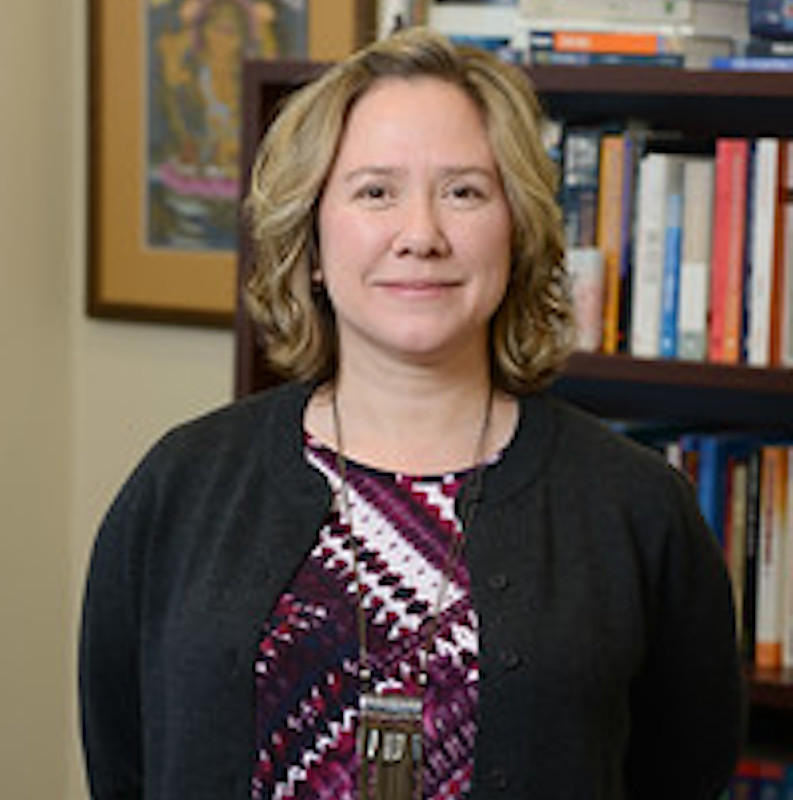Suggested Readings: Psalm 126; Habakkuk 2:1-5; Philippians 3:7-11
Yet whatever gains I had, these I have come to regard as loss because of Christ. More than that, I regard everything as loss because of the surpassing value of knowing Christ Jesus my Lord. For his sake I have suffered the loss of all things, and I regard them as rubbish, in order that I may gain Christ and be found in him, not having a righteousness of my own that comes from the law, but one that comes through faith in Christ, the righteousness from God based on faith. I want to know Christ and the power of his resurrection and the sharing of his sufferings by becoming like him in his death, if somehow I may attain the resurrection from the dead.
Dr. Gerald G. May was a young man when he completed a tour of duty as a psychiatrist in Vietnam. After the war, he served populations in prisons and addiction centers before becoming a senior fellow in contemplative psychology and theology at the Shalem Institute for Spiritual Formation. After a lengthy decline in his health, May died in 2005. Throughout his lifetime and even through the experience of declining health, May experienced suffering and witnessed the loss and suffering experienced by others. He tried to help young men devastated by war, individuals who had lost their freedom, both literally and figuratively through addiction, and came to terms with his own mortality as he lost his own health and eventually his life.
Much of May’s worked focused on the issue of addiction. People are addicted to all sorts of things, not just drugs and alcohol: Intimacy, praise, work, entertainment, popularity, and even health are all aspects of life that one may become addicted to. And addiction keeps us from experiencing the transformation that is possible when we really are able to strive to gain Christ. May believed that to gain Christ we must lose everything else, even what we deem good.
In this passage from Philippians, we are reminded that even our successes and achievements are to be viewed as losses. Moreover, our suffering the loss of everything actually makes authentic relationship and faith in Christ possible. This notion of darkness and loss provides an opportunity for spiritual formation that remakes us and returns us to the very essence of who we are. Addiction to the many facets of life that seem normal to us may result in an imbalance in and distortion of our humanity. Understanding loss as the removal of the obstacles that keep us from Christ is in turn liberating. It permits us to see clearly the journey we may take as we follow Christ.
As someone who teaches world religions, the language in Philippians seems somewhat similar to texts I’ve read from other traditions. If we truly desire to become who we are meant to be in relationship with God, we must let go of ego, empty ourselves, cease grasping and clinging to our addictions, and work on letting go of our attachments to the things of this world.
For Christians this Advent, in a world that seems impossibly divided, in part by religious belief, May’s wisdom is timely. If we let go of our addictions, we are able to be present, and we begin to know Christ in ways that were previously unavailable to us. The words of Philippians show us the wisdom possibly found in a new righteousness and freedom we experience through an incredibly focused faith. This may even allow us to be present in meaningful ways to those who are not part of the Christian tradition, since we become able to support others in their own suffering and through their own addictions. We become able to share the love we, in Christian community, find incarnate in the birth of Jesus. The world is still broken; our hope this season is to ask what we might contribute to its healing.
Sally Holt



